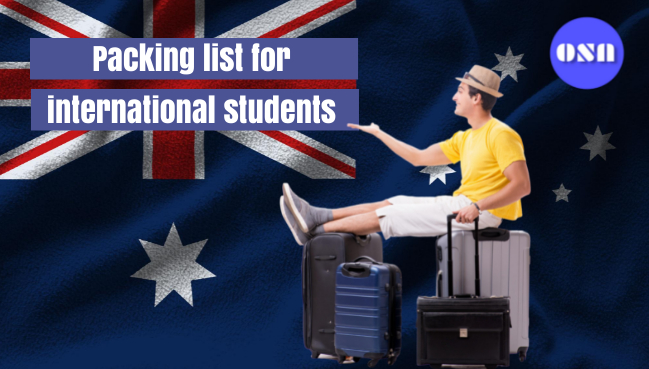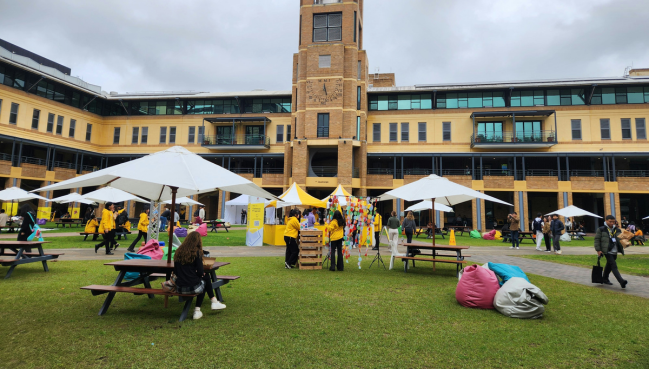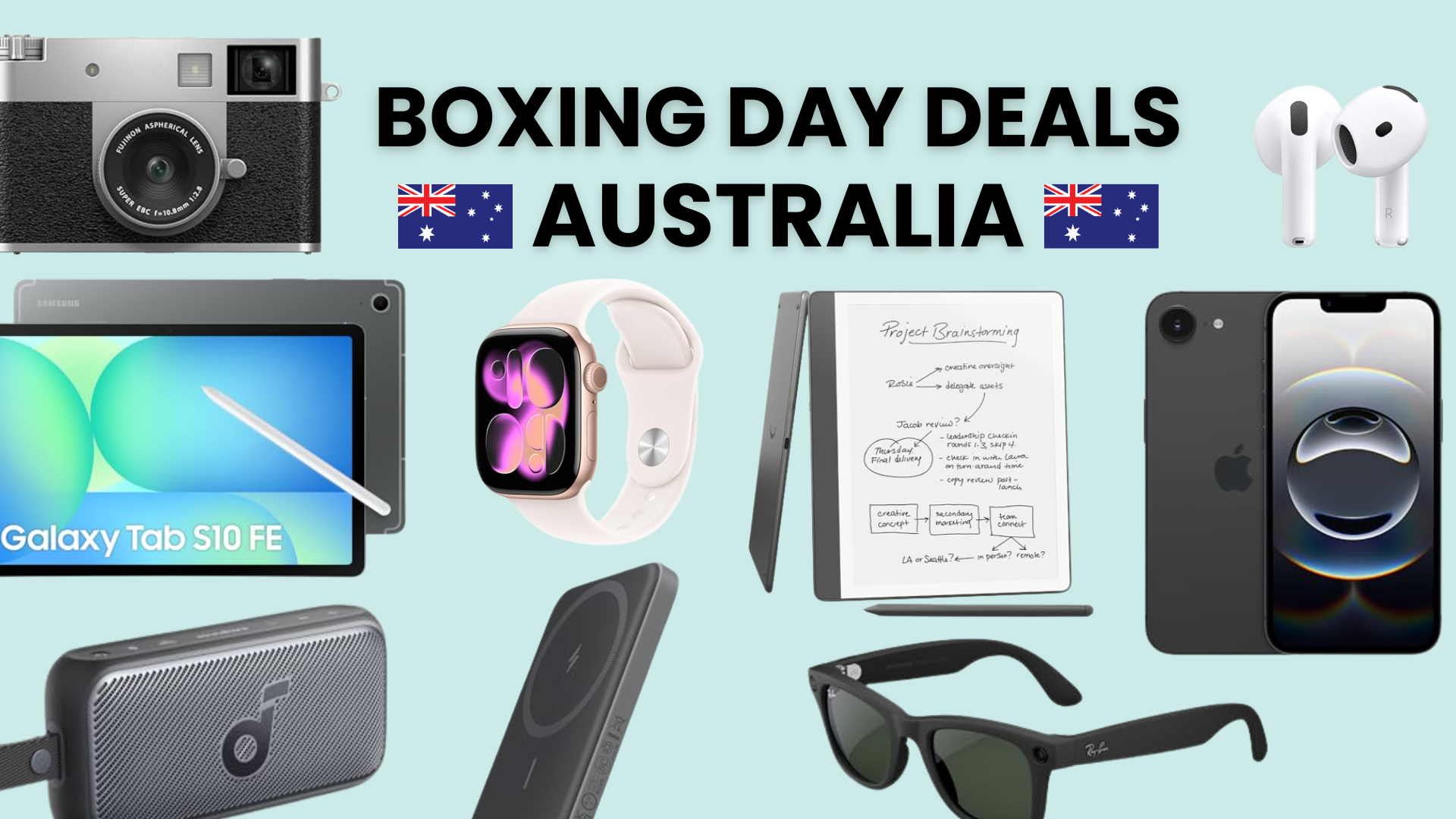Packing list for international students coming to Australia (With Free Downloadable Checklist)

One of the most commonly asked questions by many international students is “What should I pack in my bags when coming to Australia for my studies?”
So, in this article, we are covering a comprehensive packing checklist for international students for the things they must bring and things they should avoid when coming to Australia.
Before talking about a comprehensive packing list for international students, there are few factors you need to consider.
Let’s discuss them first.
Factors that can affect your packing list
1. City
Depending on the city you are coming in, your packing might vary. For example, if you are coming to cities like Melbourne, Hobart, Canberra, Perth, Sydney etc. that gets really cold in winters, then you might need to pack more winter clothes than if you are coming to warmer cities like Brisbane, Sunshine Coast, Gold Coast, Darwin etc.
2. Accommodation
There are different types of accommodation that students usually live in Australia. Some of the popular accommodation type include:
- University campus accommodation,
- Purpose-built student accommodation
- Hostels
- Sharing with friends or family.
Facilities available in your chosen accommodation type will determine if you will have to pack less or more of certain items.
3. Personal Choice
Although we can give you a general recommendation, in the end, it is your final choice to decide whether you want to bring certain items or not.
Essential packing list for international students
Now, let’s discuss your packing checklist. To make it easier, we categorised your packing checklist into different categories.
1. Luggage bags
Luggage bags are one of the most important things you need because you’re going to pack everything in these bags.
Before buying any bag, make sure you look at the airline’s recommendations to know what type of bag dimensions are allowed on your flights.
We highly recommend that you buy a high-quality bag because you might need to move a few times while living in Australia.
American Tourister is one brand that has high quality bags. There are many brands that you can choose from depending on your budget and your choice, but spending some extra money on good luggage is a must.
Here are types of bags you might consider getting for your packing:
- Backpack
- Hand bag
- Luggage bags
- Laptop bag
- School bag
Quick Tip: Get bags with wheels as they are easy when moving around the airports.
2. Electronics
You can bring your existing electronics like your laptop, phone, and camera.
We do not suggest you buy electronics from your home country before coming here, (exception applies for those students who can buy cheaper electronics from their home countries).
So, if you are planning to buy a brand-new laptop or a brand-new phone, we suggest that you buy them in Australia itself.
It will be much easier to get replacements or warranties, and they will have Australian charging plugs and other features.
Make sure you also bring your chargers for your electronic devices/
Other electronic items that you may have to bring along are your personal grooming equipment like your hair dryers, hair straighteners, electronic trimmers, electric shavers, or any other grooming kits.
Also, very importantly, if you can get a couple of universal plugs that are like your travel adapters, that can be really handy while travelling and after arriving in Australia.
Here is our suggestion for packing your electronic items:
- Laptop
- Phone
- Tablet
- Chargers
- Powerbank
- Headphones
- Travel adapters
- Memory cards
- Hair dryers/straighteners
- Electronic trimmers and shavers
- Other grooming kits
3. Clothing
When it comes to clothing, it has a lot to do with personal decisions.
We recommend that you do some shopping in your home country but keep some of your budget for shopping in Australia as well, because you want to get clothes as per Australian style too.
Here are some general recommendations you should consider:
- T-shirts -. You don’t necessarily need to buy new ones, but we suggest that you bring some plain black and plain white t-shirts because sometimes you might need them for work purposes.
- Pants – Bring few pants and jeans and few shorts as well
- Jackets – If you are coming into colder cities like Melbourne, Hobart, or Canberra, then definitely bring along some hoodies, sweatshirts, sweaters, and jackets. Puffer jackets are very popular in Australia.
- Formal dresses – Bring at least one set of formal attire, preferably in black, because this colour can be worn for work as well as for more casual occasions such as going to parties and other events.
- Traditional Clothes – Bring at least one pair of traditional clothes from your home country. As you know, Australia is a multicultural country. There may be a chance that you might be going to some events related to your home country in Australia, so you definitely want to wear those traditional clothes at those sorts of events.
- Undergarments – When it comes to undergarments, the more, the merrier. So for your undershirts, your underwear, or even socks, we recommend you bring at least 14 pairs of all these items. The reason being that you might not be able to wash your clothes every single day, especially if you’re going to study, work, and do everything by yourself. You might be doing it on a weekly basis, or if things get busy, you might be doing it every two weeks.
- Sleepwear – At least two pairs of your sleepwear.
- Masks – Don’t forget to pack some face masks.
4. Footwear
When it comes to footwear, bring one formal shoe (plain black is the best option to go with), as well as one or two casual shoes.
You can also bring along one pair of semi-casual shoes.
Lastly, you must bring at least one pair of flip-flops or sliders, or thongs (as we say in Australia).
Quick packing list for footwear include:
- Casual shoes
- Formal shoes
- Semi-casual shoes
- Flipflops/Sliders
5. Kitchen Items
Your kitchen items packing will depend on what facilities are already available in your accommodation for cooking.
But we will suggest that you bring a couple each of plates, cups, and cutlery such as spoons, knives, and forks.
When it comes to cooking, everyone has their own different preferences, so it might be worthwhile for you to pack some specific cooking equipment that you may not get in Australia.
Your cooking packing checklist could look like:
- Plates
- Cups
- Bowls
- Cutlery
- Special cooking equipment’s (eg special pans, cookers, etc)
Quick Tip: It is recommended to get microwave safe kitchenware.
6. Bedding
We recommend you bring at least one to two bedsheets from your home country.
You can ask the accommodation provider if they are going to provide pillows and quilts.
As quilt and the pillows can take up lots of space so make sure you to get compressed for bringing them along with you to Australia
Bedding checklist:
- Bedsheets
- Pillow covers
- Pillow
- Quilt
7. Medicines
You can bring some basic medicines without any prescriptions, but you would need to declare any medicines you are bringing in on your incoming passenger card.
Incoming passenger card will be given to you during your flight to Australia. You will need to complete this form correctly and truthfully.
If you want to know more about what to declare and what not to declare, we highly recommend watching this video on how to complete your incoming passenger card.
If you are going to bring some specific medicines that are only prescribed for you, then you definitely need a prescription for that.
If you can’t bring a prescription for some of the basic medications like cold and flu tablets, then we suggest that you get an invoice from your local pharmacy for those medications.
Again, all the medicines must be declared regardless of whether they’re with the prescription or without prescription.
We also definitely recommend you also bring a little first aid kit in your package.
Medicine packing list:
- General cold and flu tablets like Panadol
- Prescription medicines
- Prescription glasses (if wearing)
- Small First-Aid kit
8. Bathroom items
We recommend that you bring at least two bath and face towels and at least one each of the toiletry items as well.
If you’re using any specific type of toiletry products, it might be worthwhile to get some additional packages for those items.
Quick Tip: Look up on websites like Coles, Woolworths, Chemist Warehouses for comparing prices for toiletries.
Here is a list of toiletries you can bring along with you:
- Bath Towels
- Face Towels
- Handkerchiefs
- Soap
- Shampoo
- Toothpaste
- Toothbrush
- Face wash
- Hand and body creams
- Lip care
- Cosmetics
- Deodorants
- Perfumes
- Nail Cutter
- Comb
- Razor
- Female hygiene products
9. Stationery
As you’re coming to Australia for your studies, it is recommended to pack up some stationery which includes:
- Few notebooks
- Pens
- Pencils
- Calculator
- University backpack
10. Food and Snacks
When it comes to food, there are some items you are allowed to bring and many others you’re not allowed to bring or you have to declare it on your incoming passenger card.
Please check the Australian Border Force website before packing food items to know which ones you are allowed to bring.
But you can bring some ready-to-eat snacks like
- Biscuits, cookies
- Chocolate and confectionary
- Chips
- Commercially packed noodles and pasta
- Tea
We also suggest you check our video on the items you can and can’t bring into Australia:
11. Documents
We have a very comprehensive guide on what to pack in regards to your documents. You can check the complete document guide here.
In short, you should bring these documents:
- Passport
- COE
- Travel documents like Flight tickets etc.
- Visa related documents
- Educational documents
- Insurance document
- Overseas Driving License
- Job related documents
- Other relevant documents
Items you should not pack for travel to Australia
Here are the items that you should not be packing at all when travelling to Australia:
- Fresh fruits and vegetable/ perishable items
- Food from the plane
- Firearms, weapons, explosive material
- Soil/mud/clay attached to the shoes
- Illegal pornography including any child pornography
- Illicit drugs
- Animal products
- Plant materials and live plants
- Fake designer goods
- Pirated CDs/DVDs
Final words
To sum up, the packing list for international students will vary based on multiple factors but it is important to remember to bring along essential items you need as an individual.
A quick final tip will be that as there are limits on the weight from the airlines, you will need to figure out which items are more important for you and which items you can leave behind.
To make it easier for you, we have created a comprehensive checklist on what you should pack when you’re coming to Australia for your studies.
Download the complete packing checklist here.



